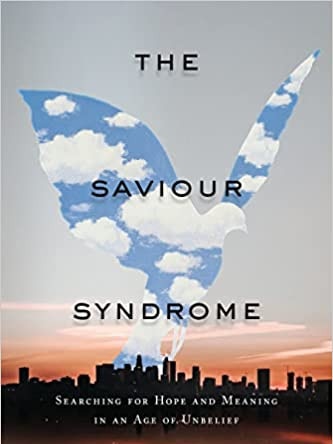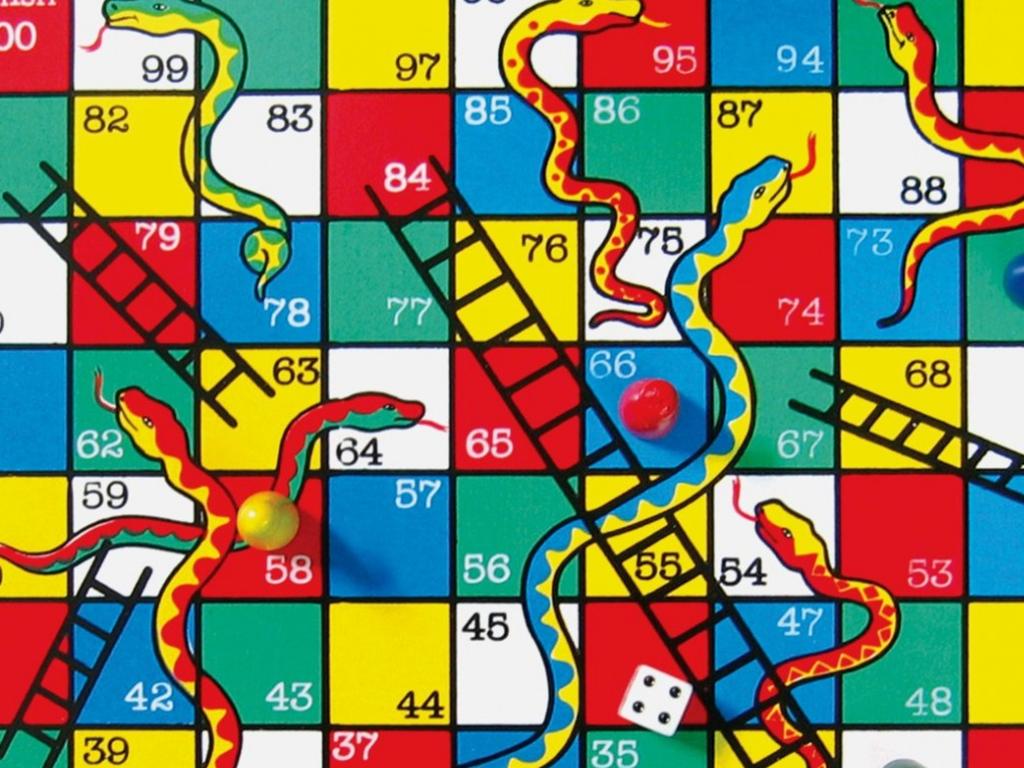The Saviour Syndrome review: What will we do without religion?
It’s no secret that the West is increasingly secular. This means that, at the level of the individual, there has been a major movement inward.

The Saviour Syndrome poses a crucial question, especially for people searching for hope in their lives: “What can replace religion?”
Another, related question might be: “Who do we look up to now?”
These questions are relevant to those who believe that the message of Jesus is obsolete or eclipsed. The author, John Carroll, maintains that humans are, by their nature, “saviour-seeking”. As he puts it, a saviour is “ the one who has discovered the key to the good life and uncovered truths that matter.” Importantly, saviours “are able to lead and to teach.”
As Swiss psychoanalyst Carl Jung demonstrated decades ago, the desire for salvation, or leadership, drives many people to find some person or group with whom to identify. This is to counter problems of unbelief and lead the way to a sense of personal and collective meaning.
Drawing on the wellsprings of literature, history and popular culture, Carroll claims that we are “constantly investing people around us – teachers, leaders, performers, athletes, even children – with exemplary or transcendent qualities that we … identify with, and strive to emulate.”
But most people are profoundly unsuccessful in their search. As Carroll puts it, “The U2 song hit ‘I Still Haven’t Found What I’m Looking For’ provides a possible contemporary cue.”
The Saviour Syndrome deals in considerable detail with the essentially Western notions of self-reliance and self-sufficiency. It explores how willpower is not particularly useful in dealing with the fundamental existential problems which many people face. As Carroll writes “The self-importance of many modern individuals hinges on their faith that they are in control of their … lives, (and) that they act with free-will and rational choice.”
Two particularly illuminating chapters of this provocative book are “The Teacher” and “The Unconscious Self”. For many, a great teacher is a kind of saviour. As Carroll writes, “Individuals, years later in life, may remember teachers with gratitude, some of whom changed their lives.” But these days, those involved in education are aware that schools and universities are being bombarded by a new wave of what Carroll describes as “pseudo-rationality”. Under pressure from bureaucratic demands that everything can and should be measured, “metrics” and “outcomes” are two annoying buzzwords.

Writing about university lecturers, Carroll argues in this powerful polemic that “it is demeaning for teachers to be subjected to external assessment when the criteria for assessment are set by administrators who have no personal experience of university pedagogy, and thus have no … authority for what they are doing.” He continues, “The same blindness led universities to embrace impersonal online learning, thereby denying students access to the fundamental influence of true teachers.”
It’s no secret that the West is increasingly secular. This means that, at the level of the individual, there has been a major movement inward. According to CarrolI, “The unconscious self has gained power over a vastly expanded domain. As a result, the potential saviour in the modern world must, first and foremost, command from within.”
But the theme of the power of the unconscious, first developed by Sigmund Freud, has a huge downside. As Carroll puts it, “The wellsprings of inauthenticity, (fear, and insecurity) also reside there … Self doubt, in turn drives pretence and rationalisation.” As a revealing example of pretence, he cites the parable of Aesop’s bullfrog, “who on seeing a real bull come down to the waterhole, was outraged at its size, and boasted that it could make itself bigger.” As some may remember, the bullfrog puffed itself up, more and more, until it burst.
The Saviour Syndrome concludes that, although the modern world is not a literal wasteland, the word, echoing the poem of T.S. Elliott, is a powerful metaphor for what threatens many of us metaphysically. Wasteland, Carroll maintains, “is a metaphor for what threatens once the meaning questions come into focus.”
Readers of this exemplary book might agree.
Ross Fitzgerald is Emeritus Professor of History & Politics at Griffith University. His most recent book is My Last Drink: 32 stories of recovering alcoholics, co-edited with Neal Price.







To join the conversation, please log in. Don't have an account? Register
Join the conversation, you are commenting as Logout